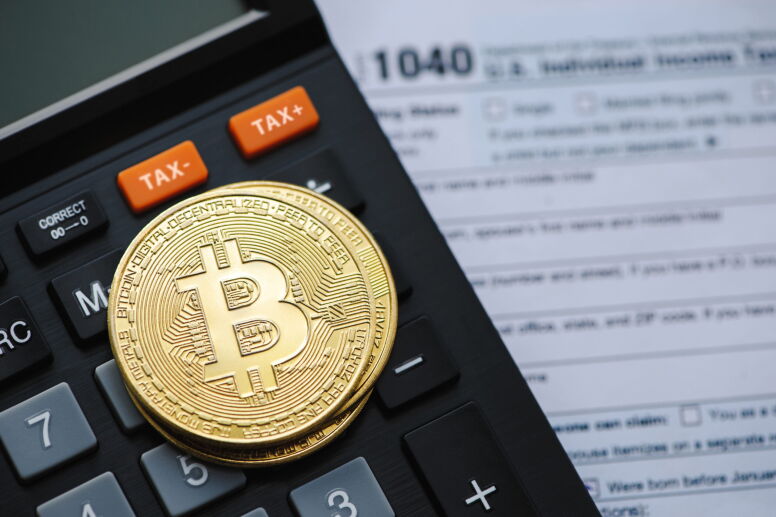News & Stories
Who reports cryptocurrency to the IRS?

The rise of cryptocurrency has brought enormous attention from regulators and investors alike. Yet one key question remains unresolved: Who actually reports their crypto transactions to the Internal Revenue Service (IRS)?
Using IRS administrative data, Professor Jeffrey Hoopes of UNC Kenan-Flagler Business School, Tyler Menzer of Texas Christian University and Jaron Wilde of the University of Iowa shed light on this question.
Their findings reveal surprising patterns in who reports crypto, how reporting has evolved over time, and what this means for tax compliance and financial markets. Their paper “Who Sells Cryptocurrency?” will be published the Review of Accounting Studies.
When Bitcoin first appeared in tax filings, ownership was concentrated in just a few places. Over time, however, crypto spread widely across the U.S.
“I was really surprised how narrowly holding bitcoin started, and how broadly it was held by the end of our sample period,” said Hoopes. “It started on the coasts and, over time, has spread throughout the whole country.”
This rapid diffusion underscores how quickly new financial products can move from niche to mainstream — posing challenges for regulators trying to keep pace.
Despite crypto’s broad adoption, many owners never report taxable sales.
Surveys suggest that between 12% and 21% of U.S. adults have owned crypto, yet IRS data show that only about 6.5% of taxpayers report crypto transactions.
“Underreporting will end up costing us tax revenue, and make crypto a safe haven for tax cheats,” Hoopes says. “We should try to encourage tax compliance.”
This gap in reporting not only reduces government revenue, but also raises equity concerns, as compliant taxpayers bear more of the burden. When some ways of investing face a lower tax burden because of under-enforcement, that distorts investment decisions in a way not intended by policymakers.
Are crypto investors different?
The researchers also asked whether crypto investors behave differently from traditional stock investors.
While their demographics suggest somewhat lower financial sophistication — they are a fair bit younger and have lower income that traditional investors in equities — the reality is nuanced.
“I was actually surprised to see that the crypto investors are not so different than ordinary investors in some regards,” Hoopes says.
Yet in one crucial respect, crypto traders look more like meme-stock investors than traditional equity holders. “Both have a lot in common with gambling and so might attract the same type of person,” says Hoopes.
This link highlights the speculative nature of much crypto activity — and why regulators might need to treat it differently than other assets.
Using old data for a new purpose
One of the most innovative aspects of this study is the researchers’ use of anonymized IRS administrative data. Traditionally, these records have been used to study wages, business income or the effects of tax reforms.
But here, the researchers repurpose the same population-level data to track the rise of an entirely new asset class.
The dataset covers tax returns from 2013 to 2021, allowing the researchers to identify over 17 million taxpayers who reported crypto sales. By linking those reports to de-identified demographic information — such as income, age and whether a tax preparer was used — the researchers could draw a unique portrait of the people reporting crypto to the IRS.
Their repurposing of “old” tax data for a “new” financial phenomenon highlights how government-held records can provide insights that surveys and market reports cannot. As Hoopes and his colleagues show, administrative data can offer policymakers an unparalleled window into emerging economic activities —provided researchers are able to interpret it carefully and responsibly.
The uncertain road ahead
What happens next in crypto taxation is far from certain. Enforcement rules are evolving and political winds are unpredictable.
“Predicting tax policy is really tricky; it’s a factor of the political process,” Hoopes says.
This uncertainty makes it difficult for investors and policymakers to plan and underscores the need for careful monitoring of crypto markets as they mature.
By examining actual tax filings, Hoopes and his coauthors show that crypto reporting is growing, but still incomplete.
The typical crypto seller is younger, somewhat less financially experienced and more likely to dabble in speculative investments. For policymakers, this raises pressing questions about education, enforcement and the stability of tax revenues in the digital era.